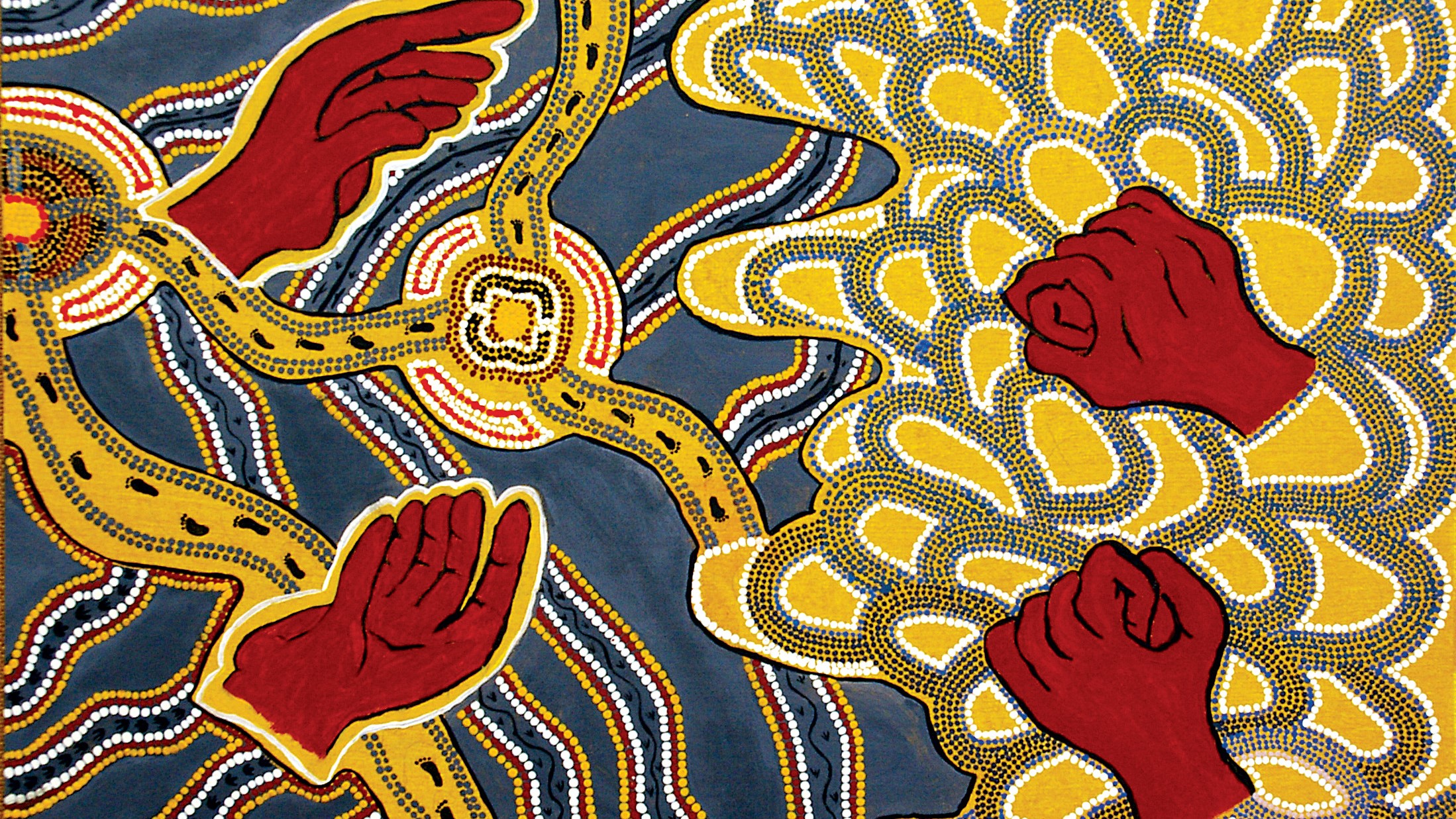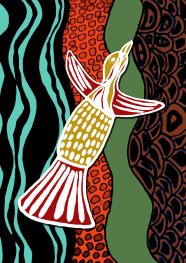
2016 Seminars
Presentation Type
Presentation
Location
The University of Notre Dame Australia, Broome Campus
Start Date
28-4-2016 12:30 PM
Description
Each year, countries from around the world meet to discuss the issue of climate change, and what governments should do to minimise the impacts. In November and December 2015, the 21st United Nations Framework Convention on Climate Change (Conference of Parties, or COP21) took place in Paris; the biggest meeting since the Kyoto Protocol was agreed in 1997. Governments negotiated an international legal document committing countries to reduce their greenhouse gas pollution in an effort to reduce the impacts of climate change. With support from the Australian Government, Oxfam and the Australian Conservation Foundation, delegates from the Kimberley Land Council attended this important event, highlighting the particular vulnerabilities facing Indigenous people from climate change, but also showcasing the powerful role played by Indigenous land management in offering innovative and effective tools to tackle the problem.
Recommended Citation
Gorring, Ariadne; Albert, Bobetta; and Grace, Polly, "Indigenous Voices: Paris 2015" (2016). Talking Heads Seminar Series. 4.
https://researchonline.nd.edu.au/nulungu_talkingheads/2016/schedule/4
Indigenous Voices: Paris 2015
The University of Notre Dame Australia, Broome Campus
Each year, countries from around the world meet to discuss the issue of climate change, and what governments should do to minimise the impacts. In November and December 2015, the 21st United Nations Framework Convention on Climate Change (Conference of Parties, or COP21) took place in Paris; the biggest meeting since the Kyoto Protocol was agreed in 1997. Governments negotiated an international legal document committing countries to reduce their greenhouse gas pollution in an effort to reduce the impacts of climate change. With support from the Australian Government, Oxfam and the Australian Conservation Foundation, delegates from the Kimberley Land Council attended this important event, highlighting the particular vulnerabilities facing Indigenous people from climate change, but also showcasing the powerful role played by Indigenous land management in offering innovative and effective tools to tackle the problem.




